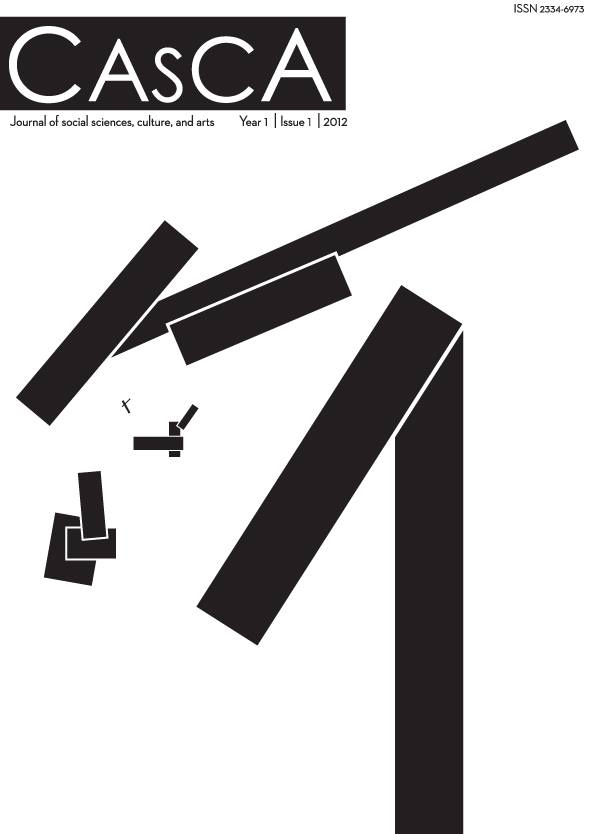Wodehouse and Collins: Defining the Boundaries of Crime
Wodehouse and Collins: Defining the Boundaries of Crime
Author(s): Graham StottSubject(s): Fiction
Published by: Centar za alternativno društveno i kulturno delovanje
Keywords: Collins; Hornung;Wodehouse;Theft;Blackmail
Summary/Abstract: In 1868, Wilkie Collins would find it natural to presume that a gentleman would be horrified if suspected of a country-house theft (or indeed any theft), and that readers would share his horror; seventy years later P. G. Wodehouse would think it nothing for a gentleman to plan such a crime, and he expected his readers to find the idea funny. Wodehouse did not invent the gentleman cracksman; that honor goes to E. W. Hornung, and by the 1930s reports of Raffles-like criminals were a source of entertainment in the daily press. However, Wodehouse nudged the idea of a gentleman thief into the field of comedy, and as he did so he challenged the mores that the country-house set lived by. In the story of Bertie Wooster and the cow creamer (in "The Code of the Woosters", 1938) we laugh not just at the theft but at the way it will be ignored so that the victim can save face. Theft, blackmail and hypocrisy are found unremarkable at Totleigh Towers, and therefore they can be used in Wodehouse’s plot.
Journal: CASCA, časopis za društvene nauke, kulturu i umetnost
- Issue Year: 1/2012
- Issue No: 1
- Page Range: 1-13
- Page Count: 13
- Language: English

